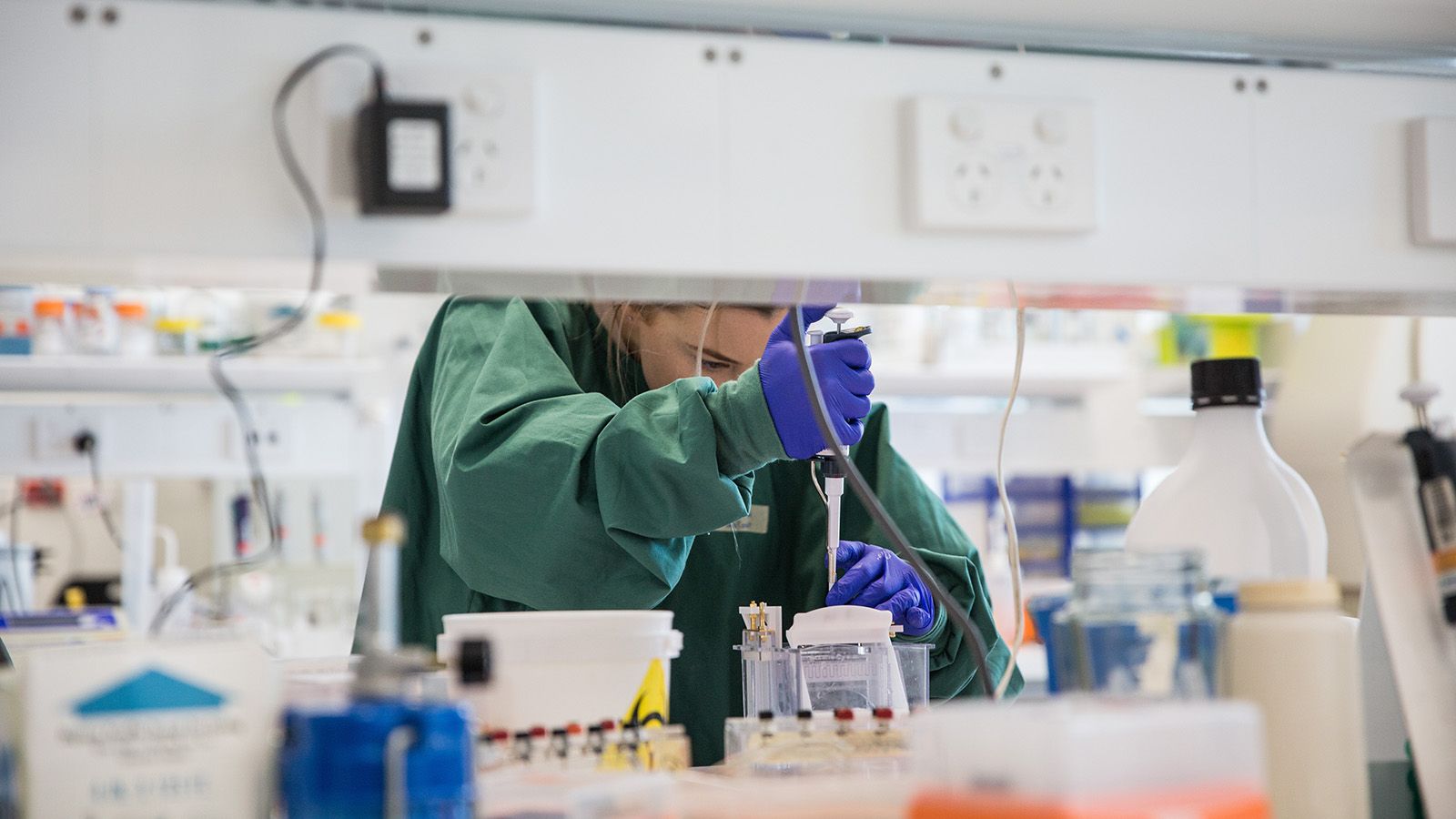

Movember invites global researchers to fight advanced prostate cancer
Movember is bringing together researchers from around the world in a bid to work out the best way of treating men with high-risk aggressive prostate cancer and helping them live longer.
The £3.8 million ($7million AUD) programme, launched in collaboration with Prostate Cancer UK, is inviting research ideas that have the potential to reduce the number of men whose disease reaches an advanced stage.
The call out is part of Movember’s Global Cancer Real World Evidence Network, which is bringing together hospitals and research institutions across 19 countries to speed up improvements in the survival and quality of life of men living with prostate and testicular cancer.
New Treatments
Prostate cancer is the second most common cancer in men. Globally, more than 1.4 million men are diagnosed with the disease every year and it led to an estimated 375,000 deaths worldwide in 2020. Between 20-50 per cent of men who receive curative treatment for prostate cancer will relapse within 10 years.
Over the last decade, several pivotal clinical trials have shown that treatments originally used for advanced prostate cancer, such as chemotherapy and hormone therapies, could slow the progression of the disease when given at a much earlier stage.
Although this has led to a change in the way clinicians treat high-risk, locally advanced prostate cancer and metastatic, hormone-sensitive prostate cancer, it remains unclear exactly how treatments should be selected and in what sequence they should be administered to have the optimum effect on men.
" It remains unclear exactly how treatments should be selected and in what sequence they should be administered to have the optimum effect on men. "
Dr Jane Fisher, Movember’s Global Director of Cancer Research and Clinical Trials, said: “Movember’s mission is to reduce the number of men dying from prostate cancer. Aside from the introduction of new medicines that have improved outcomes for men, we believe that identifying the most effective pathways that will prevent men from relapsing after their initial treatment or stopping the disease from progressing to an advanced stage is one of the most viable ways of reducing the number of deaths.
“We want to significantly improve outcomes within the next five years for this group of men. It is an ambitious goal but one which can be achieved by making robust improvements in the use of hormonal and systemic therapies and the routine use of biomarkers [biological markers which can indicate the presence of disease and show how someone is responding to treatment] to inform treatment selection. We believe that global collaboration that brings together the brightest minds to work on addressing critical unmet needs, is the key to accelerating progress.”
Dr Matthew Hobbs, Director of Research at Prostate Cancer UK, said: “Prostate Cancer UK and Movember have worked together to fund research and improve survival for men with prostate cancer since 2007.
“We’re delighted to continue our work together to fund this hugely ambitious research which could help us significantly reduce prostate cancer deaths worldwide. By harnessing both charities’ expertise, Movember’s global reach and Prostate Cancer UK’s detailed understanding of the UK research landscape we can fund research that makes a big difference quickly and dramatically reduce the number of men who develop incurable advanced prostate cancer.”
What’s next?
Following the call-out to the research community, an advisory committee will be appointed to review the responses. There will be an extensive review process, so expect to see successful global projects announced in June 2022.